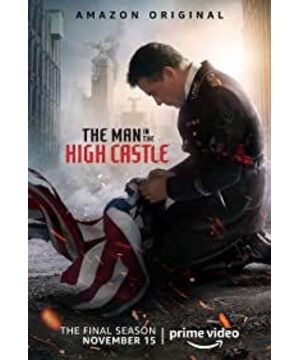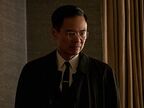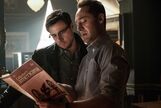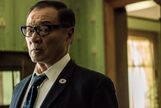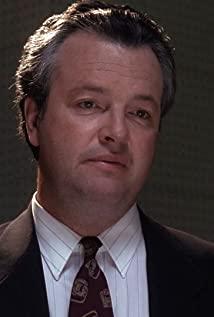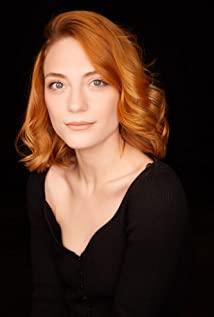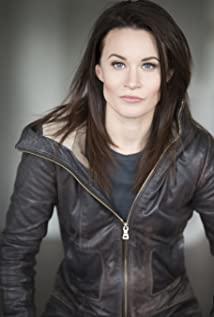It has a detailed structure and description of the world after the reversal of World War II. From the perspectives of mortals, Jews, East Coast rebel groups, Nazi officers, Nazi spies, Japanese Minister of Trade, and Japanese officials in the Pacific Day Zone on the West Coast of the United States, an immersive analysis of the social formation, political system, Japan and the United States under fascist rule Relationships and other aspects of the story.
This topic is bold but also very insightful. The metaphors, suspense, psychology, and conspiracy contained in it are all set just right. In terms of shooting techniques, compared with the real history of the 1960s, the United States, which was occupied by Japan and Germany, presents a state of differentiation between ruled and ruled. Under the pace of technological power, sense of order, and uniformity, the upper class shows a strict, standardized, and textbook-like living condition; the middle and lower classes are constrained under the system, and most of them appear submissive, private, The attitude of accepting fate is a typical example of Frank in the play.
But while processing the details to the extreme and even with an undeniable sense of beauty, this drama forgets the control of the rhythm and the traction of suspense. As a result, audiences who are accustomed to the rhythm of American dramas cannot accept the procrastination of telling stories like this. Although there is an open ending here, there are too many things and clues that cannot be explained well or even if they are not explained, there is no secret guide. Direction. As a result, we did not find the kind of imagination that should be revealed in the work of a science fiction writer.
If there is another one, we will definitely want to track the source of this grasshopper film. If it comes from the parallel world that the United States won, as the Internet guesses, then this point must be seen-a person who has the ability to travel between the world of High Castle and this parallel world is a person who wants to help Hitler. Hitler predicted the development trend of some key events and made reversal predictions.
The story does not have too many pen and ink from the perspective of human nature, neither sad nor positive energy can be seen, and it is more of a kind of helplessness. Whether it is being ruled, wanted, used as a tool, rebelled, attacked, or oppressed by the political situation, there is a deep sense of helplessness.
If the female protagonist and the male one and two are all from a passive perspective, even those in the ruling class also reflect a sense of passivity. What I am interested in is the role of John Smith, a high-ranking Nazi official. At first, he was the easiest to be positioned. Then what we saw was his excellence and his mental power to make everything perfect. This kind of mental power makes him self-discipline, loyal, and demanding survival, but he can't fight against fate. This can be seen in the relationship between him and his son. His world will not collapse, but his son’s illness is like the biggest slap in the face, hitting the face of German racism and survival of the fittest. If your favorite family, your most basic humanity, and the world you live in, the concept respected by the class has created a gap that you can’t fill even if you use all your excellent external forces, then your choice will flow to where? We didn't see the answer to this proposition, but in the end, John Smith's harsh facial edges seemed to soften.
View more about The Man in the High Castle reviews


